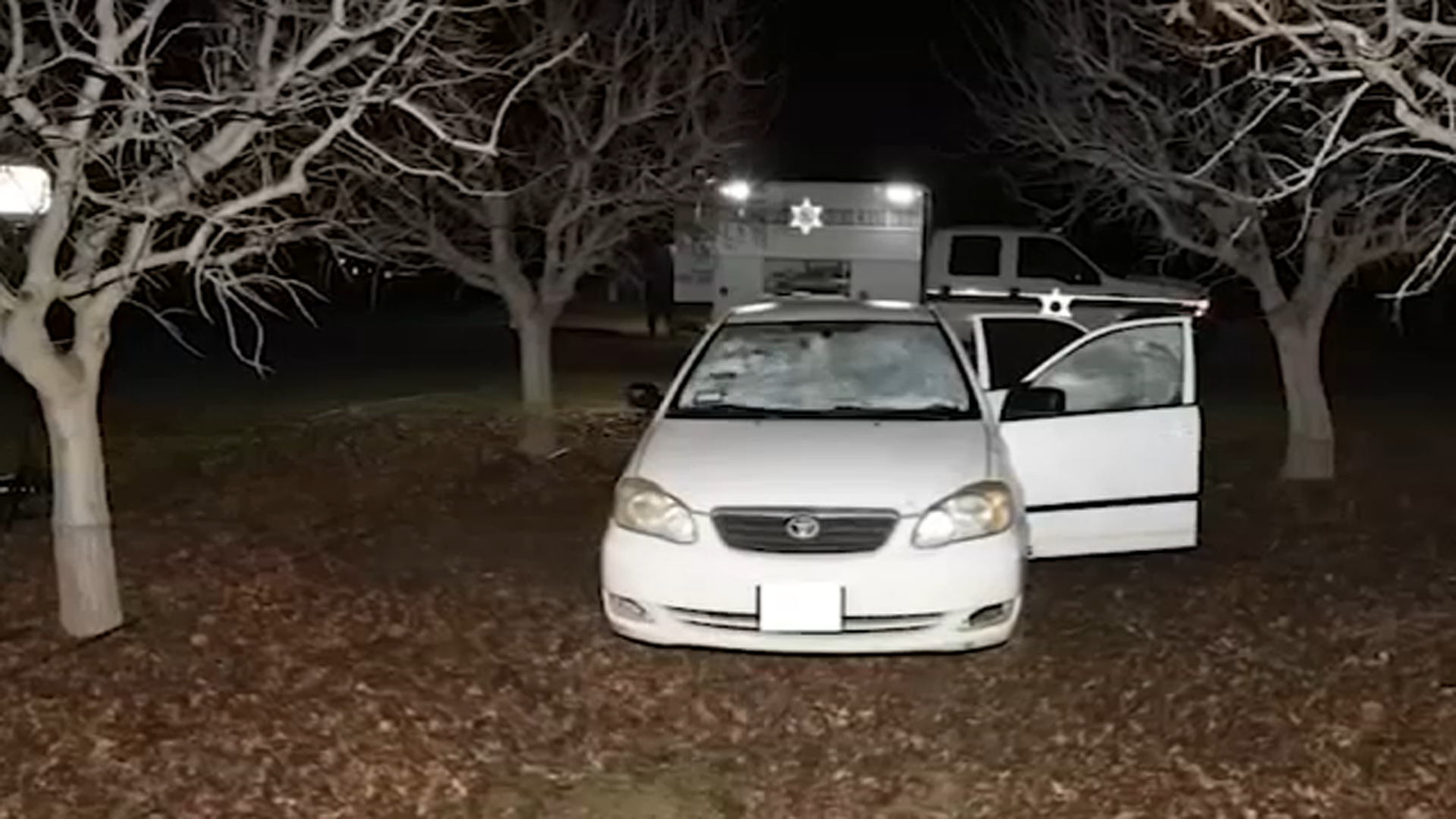New Treatment for CMS

COLUMBUS, Ohio (KFSN) -- It's called congenital myasthenic syndrome, or CMS. CMS causes muscle weakness and fatigue. It is often difficult to diagnose, and tough to treat. Now, researchers are testing a new treatment designed to give patients their lives back.
Thirty-seven year old Elaine Whited steers her two sons toward afterschool snacks and homework. It's a relief now, to keep up with their daily routines.
"Why would I not want to take care of my kids? And I couldn't." Whited explained.
Just two years ago, simple things like cleaning up after a meal or getting dressed, were a challenge.
"I started having to brush my hair with my head over the side of the bed because I couldn't lift my arms up to do it." Whited told Ivanhoe.
Elaine saw multiple doctors and nobody could tell her what was wrong, until she met Stanley Iyadurai. The neuromuscular expert says the symptoms of CMS can be very subtle, making it tough to pick up.
Stanley Iyadurai, PhD, MD, a neurologist and neuromuscular medicine specialist at The Ohio State University Wexner Medical Center in Columbus, Ohio told Ivanhoe, "What makes this different is in the setting of fatigue, they may also have eyelid drooping."
"The reason he noticed it first is I have this lazy eye. And I've had it my whole life." Whited said.
Doctor's prescribed medication, which helped with some of Elaine's symptoms. But now researchers are testing a new drug for CMS, Amifampridine Phosphate.
"We expect their eyelid droop to become normal, their speech to become completely normal, their swallowing difficulties to go away and the fatigue gets better." Dr. Iyadurai explained.
Dr. Iyadurai cautions the drug may not be effective for all CMS patients. Researchers say the new drug is in phase three clinical trial; the step before the FDA considers it for approval. Researchers say this same drug would also be effective in treating another rare neuromuscular disease called LEMS.








